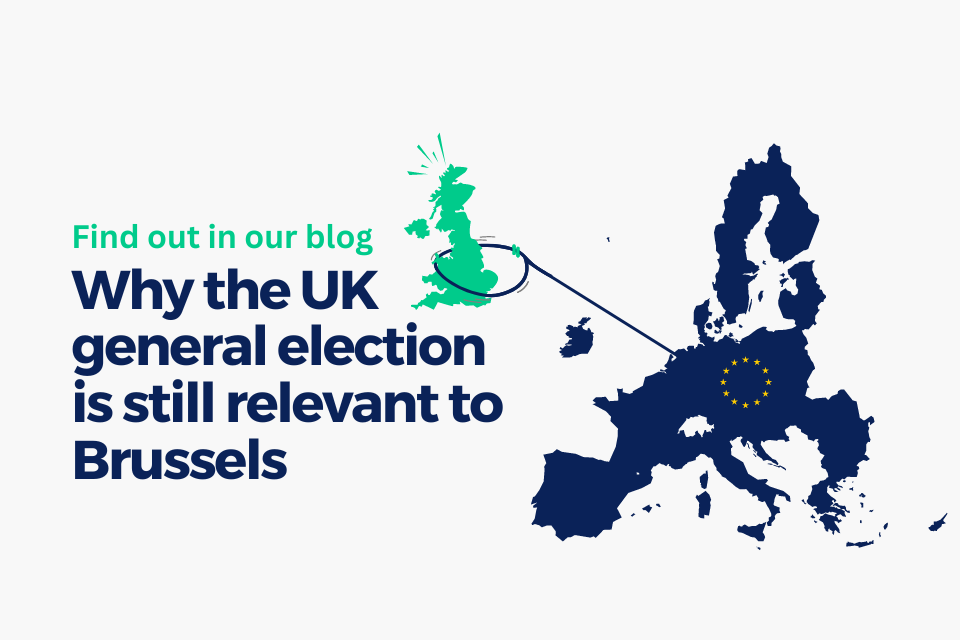#EUWHATSNEXT – High stakes in Spain’s electoral marathon this spring
#EUWhatsNext: High stakes in Spain’s electoral marathon this spring
In less than four years, Spaniards will have had three general elections but Spain’s snap poll on April 28 is widely viewed as the most important since the first post-Franco democratic election in 1977 and likely to produce further cracks in the country’s political landscape.
Spain has been in a constant state of political instability since December 2015, when the People’s Party (PP) lost its absolute majority and the far-left Podemos and liberal/center-right Ciudadanos (C’s) burst on the scene, breaking the traditional two-party system. This year, Spanish citizens will be voting four times in just two months: local, regional, general and European elections will be held between April and May. But will they bring greater stability – or just more uncertainty – in what is now a five-party system?
Eight months after Spanish Prime Minister Pedro Sánchez (Socialist/PSOE) won power, he called snap elections after failing to pass his 2019 budget. Meanwhile, far-right party VOX is increasing in popularity and has already won seats and a share of government in traditional socialist stronghold Andalusia. To counter it, PP’s new leader, Pablo Casado, is increasingly adopting right-wing nationalist tones – as is Albert Rivera, leader of the more liberal Ciudadanos, who has already warned that his party will not form a coalition government with PSOE. The reason for this is Ciudadanos’ strong disagreement with Sánchez’s handling of the Catalan independence crisis – he has also taken his party into a share of government with the PP and VOX in Andalusia.
Centre-left block vs center-right block, or none of these
The Socialists’ short period in office as a minority government (nine months) has been marked by attempted dialogue with Catalonia’s independentist government compared with the confrontational stance of PP premier Mariano Rajoy whom he ousted from office. The catalyst for Sánchez’s decision was, ironically, the withdrawal of support for his budget by the Catalan independentistas.
Sánchez’s dialogue with Catalan leaders has boosted far-right forces, and this will be reflected in the upcoming elections. Latest Spanish polls show that the Socialists would be growing with 134 seats (up from 84 now). This would allow PSOE to form a government with Podemos, if the latter wins enough seats as polls suggest it could experience its largest drop since 2015. Sánchez would also need to count on the Catalan independentist forces, Esquerra Republicana de Catalunya (ERC) and Partit Demòcrata de Catalunya (PDeCAT). But Sánchez cannot count on this for now.
In fact, leaders of Spain’s three main right-wing parties could organize themselves to form a government. PP is expected to come second, with 87 MPs, followed by Ciudadanos on 36 (up six). VOX would become the fifth political force with seats in the Congress of Deputies (Cortes) for the first time. But a national tie-up remains fraught. In the meantime, pressure on Albert Rivera (C’s) is increasing to step away from the right and consider supporting PSOE in a prospective future Socialist Government.
Another plausible outcome might well be that the parties are unable to agree, and Spain continues along the path of instability…
Spanish general elections: sneak peak of the European elections
Spain is set to benefit more than most from the redistribution of seats at the European Parliament (EP) post-Brexit, obtaining five more, taking its total to 59.
While the general election is taking center stage, Spanish parties are also unveiling their candidates to the EU elections on May 26. Josep Borrell, socialist foreign minister, announced his candidacy as early as February and is well-known in the Brussels bubble due to his tenure as EP President 2004-2007; Politico’s polls put PSOE on the up, heading for first place with 18 seats (+4 MEPs) on 27% of the poll.
On the contrary, the PP is expected to see its share shrink from 26% to 20%. Although not official yet, rumors suggest that Esteban González Pons, Vice-President of the center-right EPP, will run again. Other familiar PP faces at EU level will not return in 2019, such as MEPs Luis de Grandes, bringing an end to his 15-year tenure in Brussels, Agustín Díaz de Mera and Santiago Fisas.

In addition, European Commissioner for Climate Action and Energy, Miguel Arias Cañete, is also expected to leave; he has been a strong advocate of the Paris Climate Agreement and clean energy goals, reflected in the recent 2050 EU Climate Strategy. He could be replaced by Borrell.
Ciudadanos is expected to reach up to ten seats, becoming the largest delegation within the ALDE group. Luis Garicano, Vice-President of ALDE, aims to lead the fight against populism at the EU level. He will be joined by Javier Nart, experienced leader of Ciudadanos MEPs, who is second on its list.
Podemos’ national decline is set to continue in EU voting, in a blow to the European United Left/Nordic Green Left. Pablo Bustinduy, a current deputy in Congress, will lead its list. Belgian exile, Carles Puigdemont, ex-Catalan premier, will head the Junts per Catalunya list…
Finally, as at national level, VOX is also expected to gain, winning as many as eight MEP seats and probably join the growing Eurosceptic forces. However, VOX has not defined itself as anti-European. Its Secretary-General, Javier Ortega Smith, talks about the need to defend the EU by defending its nations first (Make Spain Great Again). In line with Marine Le Pen and Viktor Orbán, VOX strongly condemns EU migration policy. Steve Bannon must be rubbing his hands…



